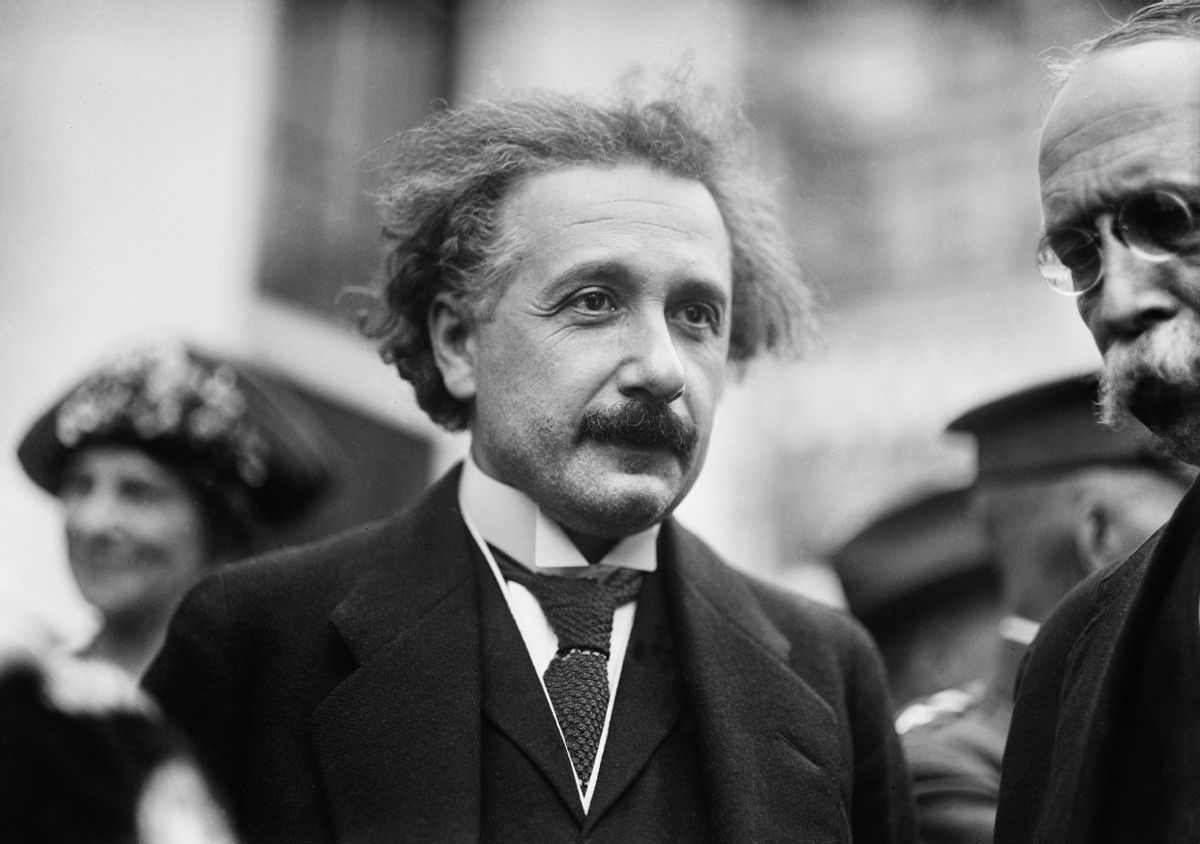Many homeowners who have struggled to meet their mortgages month after month, only to find after years of making payments that most of their money has gone to cover interest charges, have felt like cursing whoever came up with the concept of compound interest. In that vein, around 1980 (when the neutron bomb and soaring interest rates were prominent news topics) Johnny Carson once quipped during a Tonight Show monologue that "Scientists have developed a powerful new weapon that destroys people but leaves buildings standing — it's called the 17% interest rate."
Perhaps that explains why many of us seem to recognize a kindred spirit in the declaration by one of the greatest intellects of our time, Albert Einstein, that compound interest is "the most powerful force in the universe" or "the greatest invention in human history." (Since no context is ever offered for this purported quote, readers might also fairly assume that its intent was to praise compound interest as a wonderful device that allows thrifty savers to realize a significant, low-risk return on their money.)
But did the eminent physicist really ever say such a thing? The claim that he did appears dubious for a couple of significant reasons:
- The attribution of this sentiment about compound interest to Einstein doesn't seem to have existed during the scientist's lifetime, first appearing in print only several decades after his death, and always repeated as something he supposedly said in some indefinite time and place. (Albert Einstein died in 1955, but the earliest mention we could find of this item was in a 1983 New York Times blurb.)
- Just what Einstein reportedly said about compound interest varies quite a bit from source to source: That it was "the greatest invention in human history" (or "the greatest invention of mankind," or "the greatest invention of all," or "the most significant invention of the nineteenth century"), that it is "the most powerful force in the universe," or that it is "more complicated than the theory of relativity." (That last variation echoes another sentiment popularly attributed to Einstein which also began to appear only well after his death, to the effect that "preparing a tax return is more complicated than relativity theory" or "the hardest thing in the world to understand is the income tax.")
We suspect that this perspective on the power of compound interest is a fairly modern invention, one which has been retroactively placed into the mouth of a prominent dead person to give it more punch.

